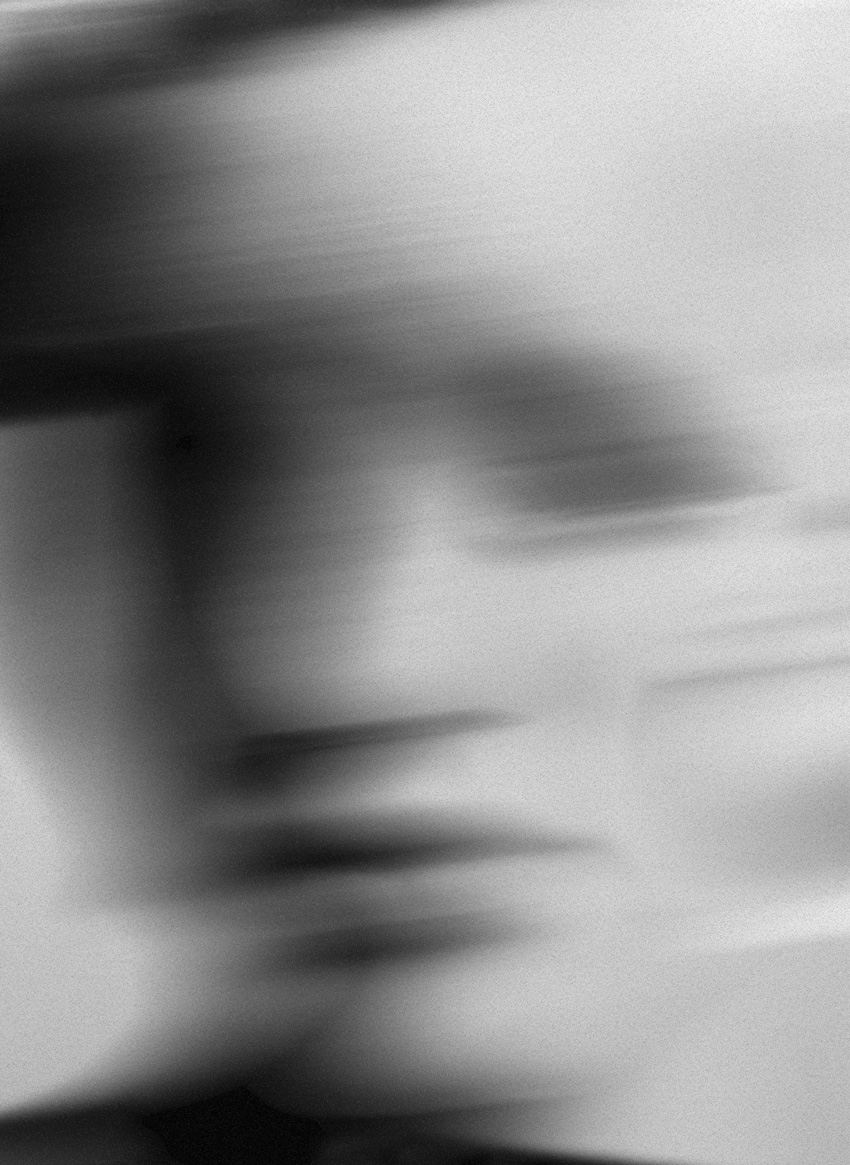In the 1970s, it was marijuana; in the 1980s, cocaine; in the 1990s, ecstasy; and in the 2000s, oxycodone, due to an opioid crisis that changed the course of public health. In 2024, however, one of the most dangerous threats won't arrive in clandestine doses or carry the illicit label. Cortisol, the stress hormone, has become a silent drug in a society that romanticizes exhaustion.
Once celebrated for its evolutionary brilliance - helping early humans escape predators or survive periods of famine - it has now become the overworked engine of modern lives. Cortisol, a hormone produced by the adrenal glands, is the body's silent warrior, essential for the fight-or-flight response, providing energy, clarity and the ability to face challenges. Without it, we would lack the stamina to navigate life's demands. However, in today's frenetic culture, where stress is a constant companion, it has gone from being an ally to becoming - when produced in excess - a kind of modern drug, feeding an addiction that we rarely recognize. Like any substance we come to depend on, it's seductive; it's the biochemical equivalent of coffee, offering energy, clarity and insight in moments of acute stress. It helps us meet deadlines, manage endless commitments and sustain us through sleepless nights. When the moment demands it - be it an important presentation or an unexpected crisis - the cortisol released by the body ensures that we are up to the challenge. In its natural rhythm, it is a miracle of biology, designed to rise in brief, urgent moments before falling, allowing the body to recover. But here's the problem: modern life doesn't offer long interludes for recovery. Today, there may no longer be a predator outside the cave like in primitive times, but the endless stream of emails, notifications and social pressures keeps us in a constant state of alert.
The result? A society addicted to stress, dependent on the boost that cortisol provides, even while it silently sabotages our health. Chronic exposure to high levels of cortisol reconfigures the brain and body, with symptoms that begin subtly but become impossible to ignore. Persistent fatigue, for example, is one of the most paradoxical signs of this addiction. Despite feeling perpetually “on”, our energy reserves are depleted, leaving us simultaneously exhausted and unable to relax. Sleep, the crucial pillar of recovery, becomes elusive and insomnia or restless nights set in, while the mind chases unfinished tasks or future worries. Then there's weight gain, particularly in the abdominal area, a direct effect of cortisol's role in fat storage. This evolutionary mechanism, designed to protect us during periods of prolonged stress, now manifests itself as persistent abdominal fat, resistant to dieting or exercise. Emotionally, cortisol keeps the brain's fear center - the amygdala - on high alert, resulting in anxiety, irritability and, ultimately, burnout. Memory failures and difficulty concentrating are also common, since the hippocampus, responsible for learning and memory, shrinks under the influence of this hormone.
The physical manifestations are equally worrying. Digestive problems, such as bloating or stomach pains, often arise as a result of the impact of chronic stress on intestinal health. The skin, the body's largest organ and often a mirror of internal balance, also suffers - high cortisol reduces collagen, accelerates aging and triggers persistent acne. Even the hair is affected, with many reporting excessive hair loss or thinning during periods of prolonged stress. Yet the most subtle and insidious symptom of all can be the inability to relax. Moments of calm become strange, almost uncomfortable, as if the absence of stress is itself stressful. This restlessness for “productivity” keeps us trapped in a cycle of doing, achieving and striving, even when our bodies and minds are begging for rest, our hands are shaking and our breathing is panting.
The statistics paint a worrying picture: a Gallup survey carried out in 2021 in 122 countries revealed that 41% of adults worldwide reported high levels of stress. How did we get here? In many ways, cortisol addiction is a product of modern life itself. Smartphones, extolled as tools of efficiency, have become stress factories, with every sound and vibration delivering a dose of urgency. Social networks exacerbate the problem, turning comparison into a sport as we scroll through curated feeds that amplify our insecurities. Work continues to be an endless source of stress and constant worry and even leisure has been co-opted, with vacations planned in detail for Instagram and self-care practices transformed into yet another chore to cross off the list, rather than a moment of relaxation. This living biochemical wheel keeps cortisol levels high, leaving little room for real rest or balance. Breaking this addiction isn't easy, but it is possible and the first step, as with any other addiction, is to recognize and accept the symptoms: a racing mind, persistent fatigue, irritability and the inability to relax are the main signs of an overloaded system. The antidote, unsurprisingly, lies in simplicity. Mindfulness practices such as meditation and yoga have been shown to significantly reduce cortisol levels, providing a reset for both body and mind, with studies proving that even brief meditation sessions reduce stress markers and improve general well-being. Sleep, often sacrificed in the name of productivity, becomes non-negotiable: adults who consistently sleep between seven and eight hours a night have significantly lower cortisol levels than those who do not. Physical activity also plays an important role by releasing endorphins, the so-called happiness hormones, and regulating the Hypothalamic-Pituitary-Adrenal (HHA) Axis, since with regular exercise the body learns to respond to stress appropriately and to reduce the exaggerated activation of the HHA axis in non-physical situations, such as emotional stress.
However, perhaps the most profound change should occur in the way success is defined. The modern addiction to stress is both cultural and personal, rooted in a worldview that equates busyness with value, and tiredness with dedication or productivity. Cortisol is not the villain in this story; it's just doing its job in a world that demands too much. The real challenge lies in rethinking the systems and habits that have turned stress into a modus operandi. Teaching the body and mind that the best way to live is in a marathon and not a sprint is no easy task, but in the end it's the only way to ensure that one can go far without damage along the way. Re-learning to live with balance is not just an act of self-care, but a necessity in order to thrive in the long term.
Translated from the original on "What's Next?" issue, published December 2024. Full credits and stories in the print issue.
Most popular
.jpg)


Relacionados
.jpg)
Anna Wintour e o presidente da câmara de Milão, Giuseppe Sala, revelam a localização do Vogue World 2026
24 Feb 2026



O que lhe reservam os astros para a semana de 24 de fevereiro a 2 de março
24 Feb 2026



